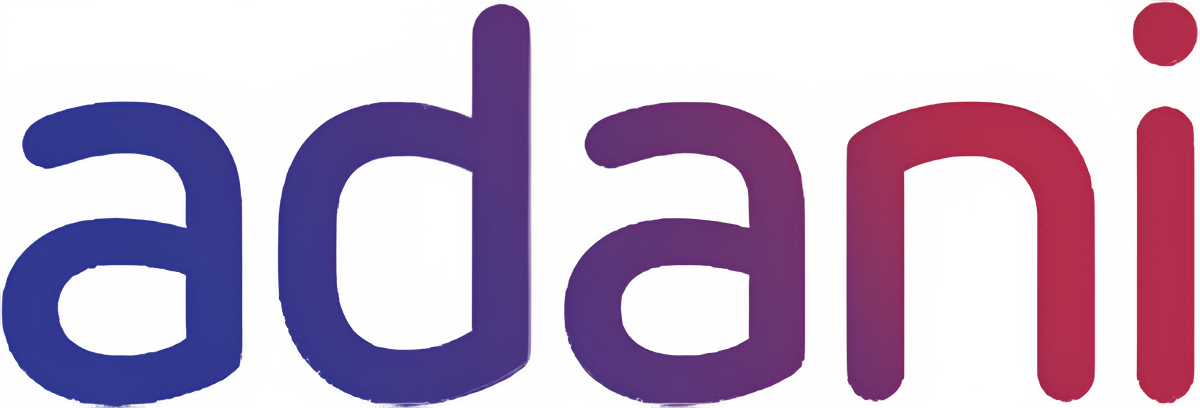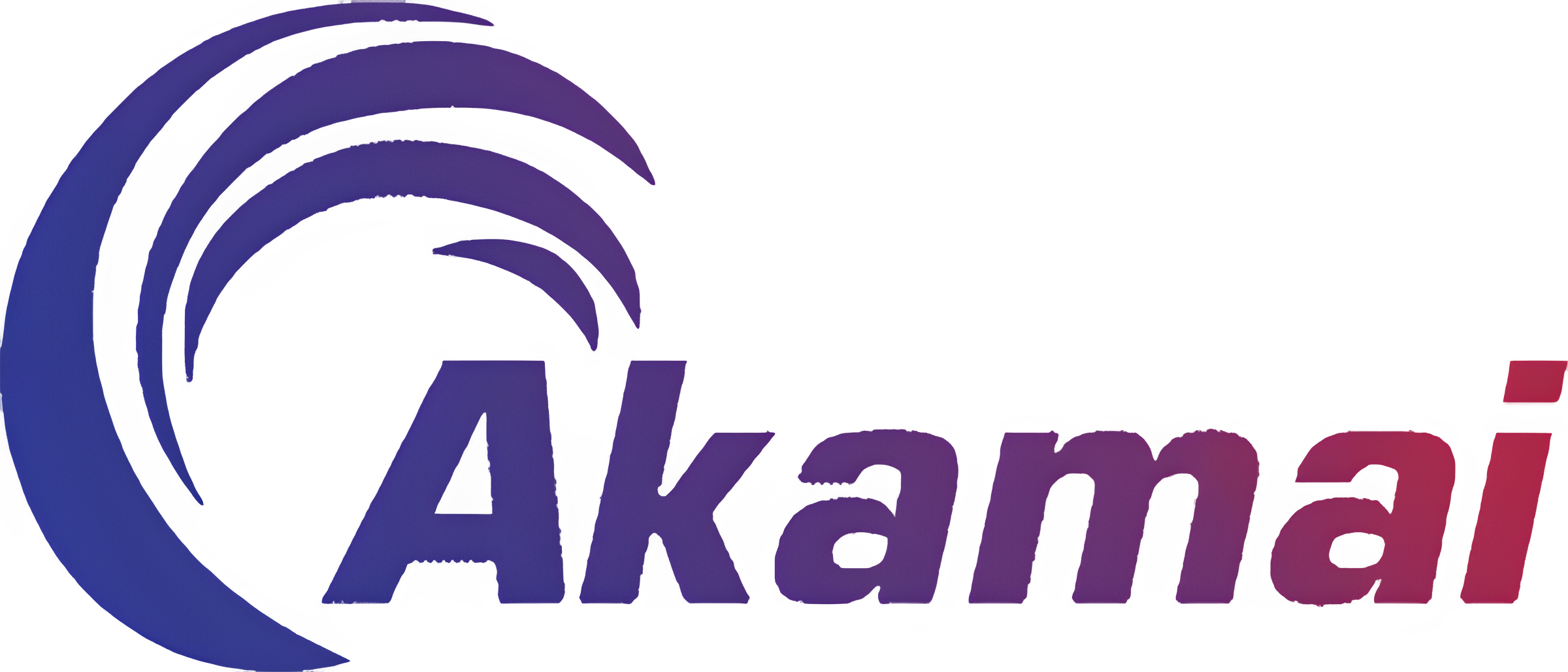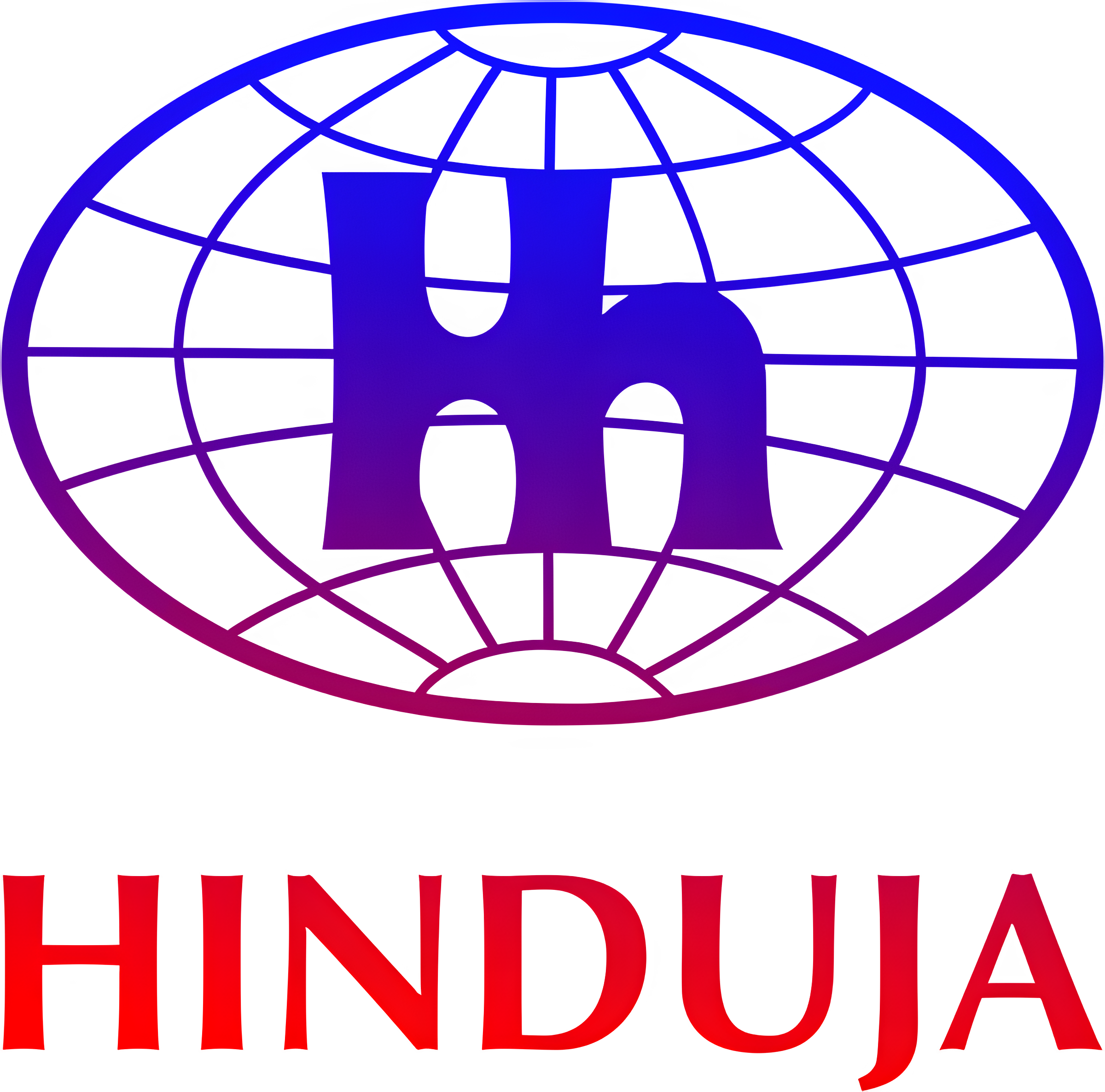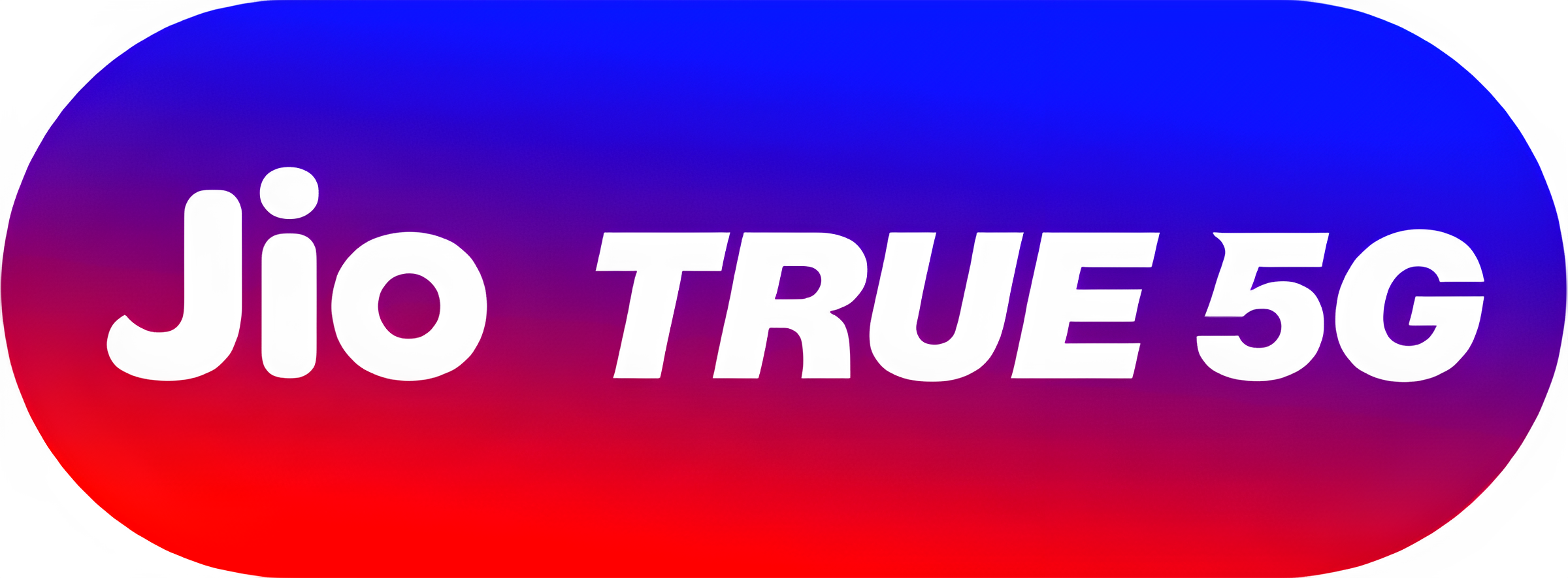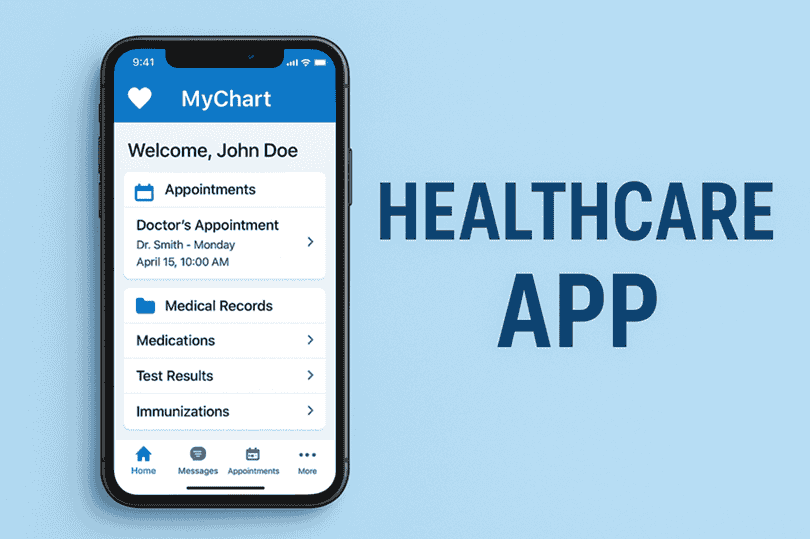Create a Healthcare App Like MyChart for Hospitals & Clinics
Over the past ten years, digital healthcare has evolved from a supplemental service to the operational core of hospitals, clinics, diagnostic facilities, and global healthcare networks. Patients of today demand easy access to their medical records, smart reminders, teleconsultations, prescription refills, easy appointment scheduling, and total transparency throughout their treatment process. By providing safe, cohesive, and patient-focused healthcare experiences driven by cutting-edge interoperability and contemporary mobile-first design, platforms such as MyChart have established a global standard. The need for a reliable, scalable, and legally compliant healthcare application that resembles MyChart has never been greater due to the increased reliance on digital health solutions.
Developing an app like MyChart for hospitals is more than just making things more convenient. It is now crucial for increasing operational effectiveness, lowering administrative burden, boosting care coordination, improving patient satisfaction, and fulfilling international healthcare compliance requirements. Dinoustech is a top healthcare app development company that has seen firsthand how digital transformation has accelerated across private hospitals, multispecialty chains, and rapidly expanding clinics that wish to combine AI-assisted insights, EHR systems, real-time data, and remote care capabilities into one potent solution.
Creating a MyChart clone with contemporary features can significantly improve your clinical operations and patient experience, regardless of how big your hospital network is or how quickly your clinic is growing. This blog helps your company plan a healthcare platform that is ready for the future by breaking down the entire process, including features, technology, architecture, compliance, cost, scalability, and development roadmap.
Why Healthcare Providers Need a MyChart-Like App in 2026
Mobility, automation, personalization, and value-based care will all have an impact on the healthcare sector in 2026. Patients in international markets anticipate seamless digital communication with providers and immediate access to their health information. Every phase of the patient care lifecycle—pre-visit, in-clinic, post-visit, and long-term health management—can be accessed through a single app that looks like MyChart. By providing digital touchpoints to replace antiquated paper forms and erratic communication methods, it perfectly satisfies contemporary patient expectations.
This change is equally important for healthcare providers. Hospitals that implement patient engagement platforms see improvements in appointment utilization, fewer administrative bottlenecks, decreased phone traffic, and quicker physician access to medical records. With mobile-first solutions that automate repetitive tasks, Dinoustech, a leader in healthcare software development, has assisted organizations in lowering operating costs and speeding patient flow.
The competitive environment is also changing. Modern patient portals give hospitals a significant edge in patient retention. A MyChart clone app turns into a wise investment in improving care outcomes as remote care, prescription delivery, and integrated diagnostics become more common.
Core Features Required in a MyChart Clone Healthcare Platform
A complete, networked ecosystem that synchronizes clinical data, appointment scheduling, doctor availability, diagnostic reports, and patient communication in real time is necessary for a contemporary healthcare app that resembles MyChart. A feature architecture that improves accessibility while adhering strictly to regional health regulations, HIPAA, HL7, GDPR, and NDHM is necessary for healthcare organizations.
An interface that prioritizes the patient is crucial. From their dashboard, users ought to have instant access to their lab results, prescription histories, medical records, and visit summaries. Easy appointment scheduling with intelligent slot-based availability that is directly synchronized with hospital management systems must be supported by the platform. Due to its ability to facilitate video consultations, pre-consultation data collection, and the creation of electronic prescriptions, telemedicine has become an indispensable feature.
Engagement is greatly increased by cutting-edge features like wearable integration, AI-powered symptom checkers, real-time chat with clinics, and automated alerts. For doctors to access patient records, update reports, manage schedules, reply to patient messages, and examine analytics, hospitals also need backend tools. Dinoustech, a patient care app development expert, makes sure that each module functions in a cohesive and compatible setting to prevent any sense of fragmentation.
Technology Stack and Architecture for Building a MyChart-Like App
A strong technological foundation is necessary for a MyChart clone, which is a highly complex healthcare platform. Security, scalability, dependability, and interoperability with electronic health record systems must all be supported by the architecture. A mobile app development company must use a microservices or service-oriented architecture when creating these healthcare ecosystems to guarantee that each functional module can grow on its own as usage increases.
Cross-platform and native experiences are made possible by contemporary development frameworks like React Native, Flutter, Swift, Kotlin, Angular, React.js, and Node.js. Depending on the long-term needs of the healthcare network, backend services need a scalable environment constructed with Node.js, Python, Go, or Java. For smooth interoperability with EHR systems and external health data sources, FHIR-based API integration is essential. Structured and unstructured medical records can be safely stored thanks to a strong database layer, which is supported by PostgreSQL, MongoDB, or cloud-managed services.
AI/ML modules for automated triage, appointment optimization, health insights, and predictive reminders must also be included in the platform. Long-term scalability and data redundancy are guaranteed by cloud infrastructure hosted on AWS, Azure, or Google Cloud. Dinoustech is a healthcare app development company that creates foundations that reliably support local compliance requirements, real-time updates, and millions of transactions.
AI and Automation Capabilities for Smarter Patient Care
AI is improving patient interactions and clinical workflows, revolutionizing digital healthcare platforms. AI-enabled MyChart clones provide much faster care delivery and much higher engagement. AI chatbots give patients immediate assistance with appointments, symptoms, or questions about medications. Additionally, the platform can forecast follow-up requirements, send intelligent alerts based on patient actions, and personalize health insights.
AI-powered scheduling, data-driven treatment recommendations, and workload management are all advantageous to hospitals. To help doctors make better clinical decisions, diagnostic AI can help with early detection patterns. Healthcare workers' manual paperwork is reduced by automated transcription and rapid report generation made possible by natural language processing.
Dinoustech, a pioneer in the creation of healthcare software, combines modules for predictive analytics and machine learning to turn unprocessed clinical data into useful insights. By doing this, operational efficiency is increased and the patient experience is raised to a sophisticated, contemporary level.
End-to-End Workflow of a MyChart Clone Application
A healthcare app's workflow, such as MyChart's, must ensure smooth transitions between hospital operations and patient activities. After user onboarding and ID verification, the process moves on to creating new patient profiles or connecting pre-existing medical records. Together, the teleconsultation and appointment scheduling modules make the process simple for both patients and doctors.
Through linked systems, physicians can update medical records, view previous reports, and write prescriptions during the consultation. Visit summaries, test results, and follow-up plans are automatically saved by the app in the patient's secure dashboard following the visit. Real-time test status updates and immediate report availability are made possible by lab integrations.
The app creates a sustainable digital care ecosystem for chronic care patients by offering telehealth follow-ups, wearable integrations, medication reminders, long-term monitoring, and symptom logging. Dinoustech is a software development company that makes sure all workflows follow medical data handling guidelines while offering seamless experiences to all parties involved.
Security, Compliance, and Healthcare Data Protection
The foundation of any healthcare system is security. RBAC (role-based access control), secure APIs, multi-layered encryption, and thorough audit logs are necessary when creating a MyChart clone. The platform needs to be integrated with compliance frameworks like NDHM (India), PIPEDA (Canada), NHS Guidelines (UK), GDPR (Europe), and HIPAA (USA) right away.
Secure cloud storage, tokenized sessions, biometric authentication, and data transmission must all be guaranteed by hospitals. To stop unwanted data exposure, regular vulnerability assessments, penetration tests, and role-based permissions are crucial. To guarantee system dependability, Dinoustech, a software maintenance company, offers ongoing monitoring, security updates, compliance audits, and long-term app optimization.
Challenges Healthcare Providers Face When Building a MyChart-Like App
The intricacy of developing an ecosystem for digital care is frequently underestimated by hospitals. Syncing data from various departments, integrating legacy systems, enabling real-time updates, and making sure doctors consistently use the platform are some of the challenges. Additional challenges arise when data is transferred from paper records or antiquated systems.
Creating user interfaces that are simple enough for elderly patients and those with little technical knowledge is another difficulty. Another top goal is to guarantee as little downtime as possible during periods of high usage. Healthcare organizations also need to maintain cross-platform consistency, telemedicine dependability, and secure communication modules.
To overcome these obstacles, Dinoustech—which is renowned throughout the world for creating the greatest healthcare apps—uses careful planning, phased rollouts, strong architecture design, and rigorous security engineering.
Development Cost of a MyChart Clone App
Cost Breakdown:
- Basic patient portal app: $40,000 – $60,000
- Mid-level MyChart clone with telemedicine: $60,000 – $120,000
- Enterprise-level hospital ecosystem: $150,000 – $350,000
- AI-powered features and predictive analytics: +$20,000 – $80,000
- Annual maintenance & upgrades: 20% – 30% of total development cost
Why Dinoustech Is the Best Development Partner for Healthcare Apps
It takes extensive technical know-how, industry experience, and regulatory knowledge to create a MyChart clone. Dinoustech is a well-known worldwide healthcare app development company that is trusted by diagnostic centers, hospitals, clinics, and digital health startups. We produce top-notch digital health ecosystems thanks to its strong skills in cloud architecture, interoperability engineering, AI integration, healthcare software development, and long-term platform maintenance.
UI/UX design, backend development, EHR integration, third-party health API setup, compliance engineering, DevOps automation, cloud scaling, and continuous optimization are all included in the company's comprehensive end-to-end healthcare mobility solutions. Dinoustech is well known for creating the greatest healthcare applications, assisting organizations with the goal of modernizing care delivery, and improving patient wellbeing.
Final Thoughts
For healthcare providers looking to modernize care delivery, cut down on operational inefficiencies, and foster enduring patient engagement, developing a healthcare app like MyChart is a wise investment. Hospitals and clinics must embrace a connected ecosystem that promotes clinical excellence and patient convenience considering the increasingly digital, mobile, and AI-driven nature of healthcare in the future.
The platform will reach its maximum potential if you work with a seasoned mobile app development company, particularly one that specializes in healthcare technology. Dinoustech offers the industry knowledge, compliance-driven frameworks, technical know-how, and future-ready architecture needed to make a MyChart clone app a reality. Hospitals can confidently implement a seamless, secure, and scalable healthcare application that satisfies international digital health standards if they have strong development practices and end-to-end service capabilities.

